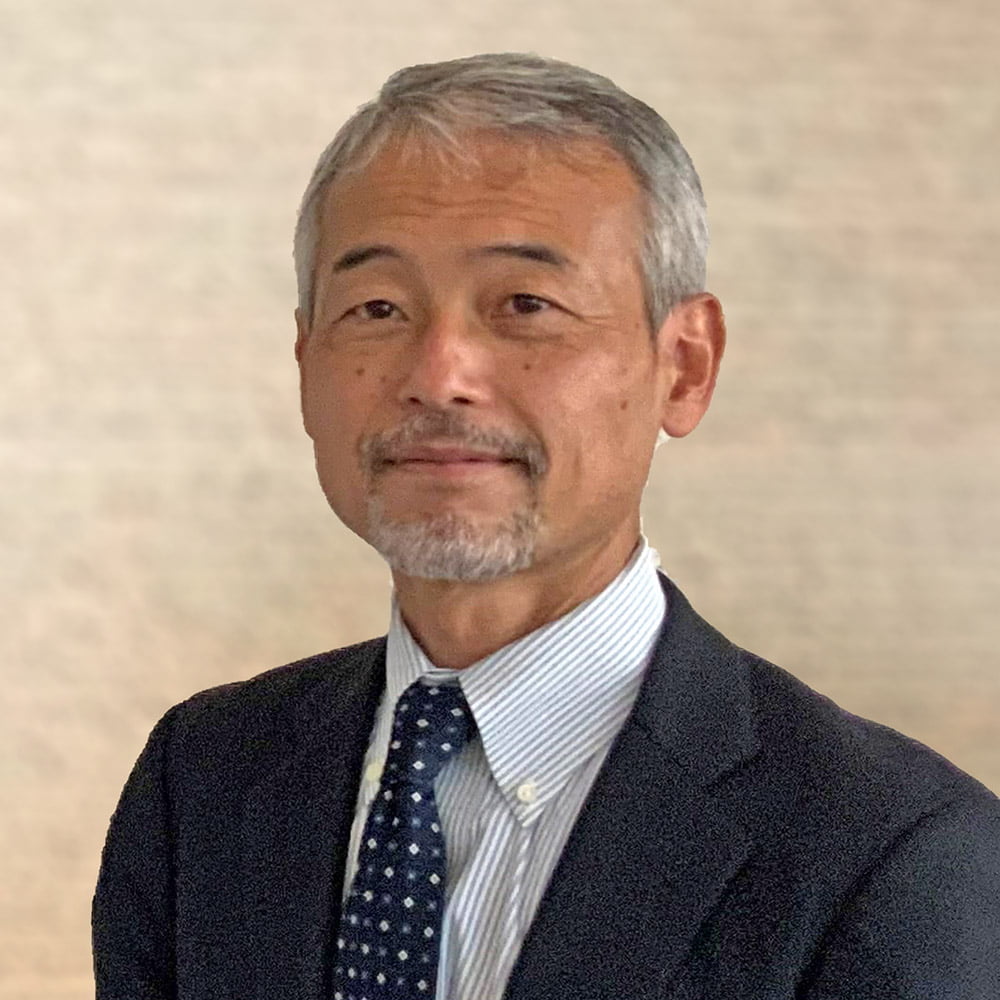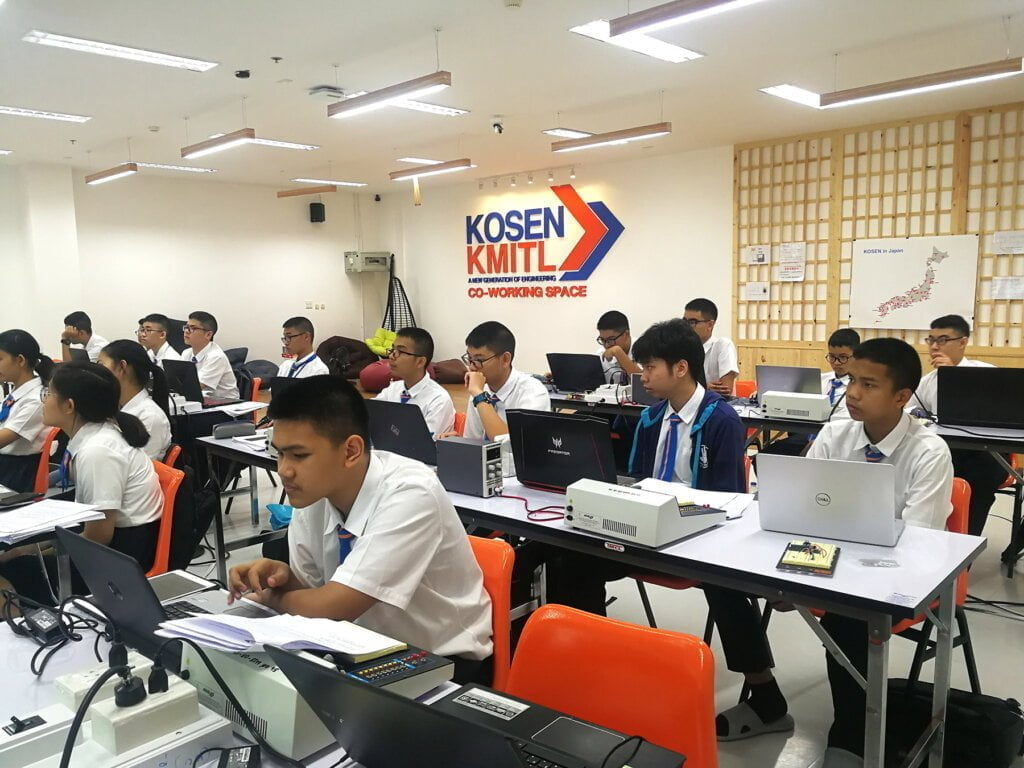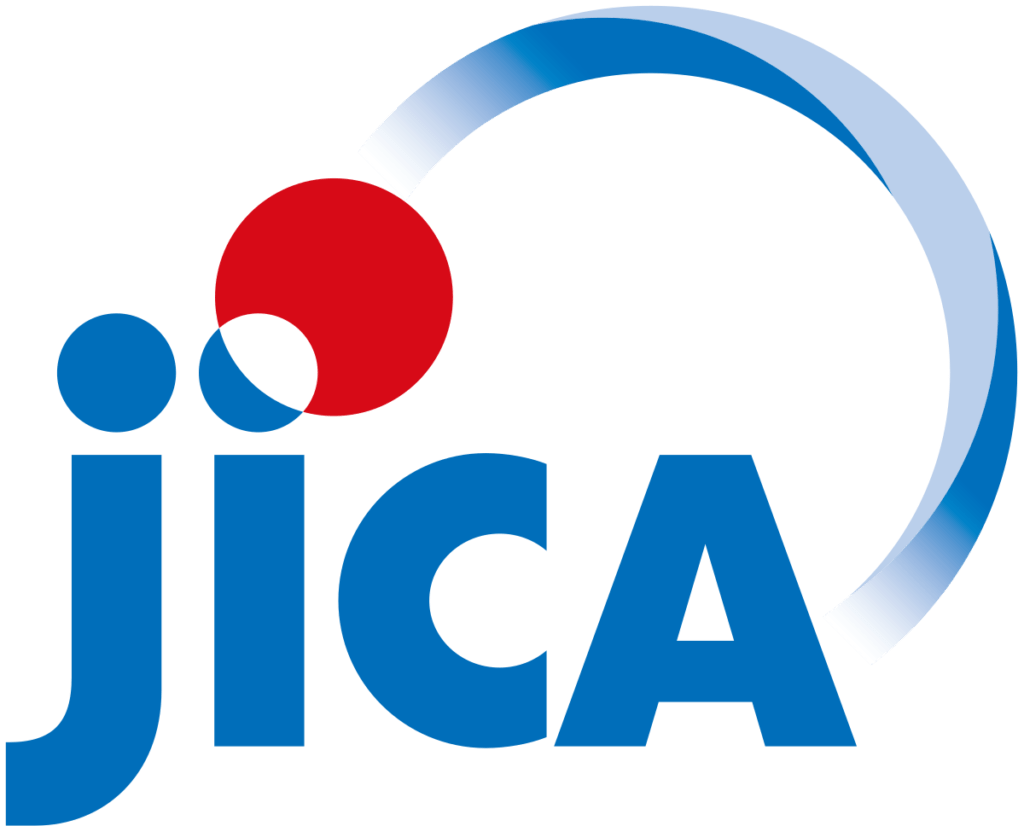Following the Second World War, the Thai and Japanese governments agreed that Japan’s debt to Thailand would be repaid in cash, goods and services, a payment which was completed in 1970.

Some repayments went towards the construction of hydropower stations, sea port developments, the purchase of railway cars and factory construction. Yen Loan from Japan to Thailand began in 1969, predominantly for use within the energy sector to create Thai industries.
In response to strong anti-Japanese sentiments in the region throughout the 1970s, then Prime Minister Takeo Fukuda travelled across Southeast Asia and in a 1977 speech, he reaffirmed his commitment to forging a peaceful co-existence between Japan and Association of Southeast Asian Nations (ASEAN) member countries.
Known as ‘The Fukuda Doctrine’, this ideology still serves as the foundation of Japan’s current and future diplomacy towards Asia.
Fukuda also doubled Japan’s Official Development Assistance (ODA) to ASEAN member countries. Japan’s cooperation with Thailand expanded dramatically after 1977, ushering a period of strategic expansion as key private sector players from Japan entered the Thai market. With sharp rise of Yen after the Plaza Accord in 1985, the number of Japanese companies in Thailand had dramatically increased.
One of JICA key projects in Thailand was technical cooperation to establish a telecommunications training center. In 1986 the training center became the King Mongkut’s Institute of Technology Ladkrabang. Through this cooperation JICA helped support human resource development within the technology industry and related industrial sectors.
Last year, the Industrial Human Resources Development Project which introduces the Japanese Kosen education system to Thailand through King Mongkut’s Institute of Technology commenced. The course involves an intensive five-year education in technology and engineering. In Japan, many Japanese companies prefer Kosen graduates because they are highly-qualified and keen to further their engineering knowledge and skills. The Kosen system will contribute to promote the production of practical and innovative engineers in Thailand.

Another key project of JICA in Thailand was the Eastern Seaboard Development Plan (ESDP). JICA provided a 178-billion-yen loan to finance 16 projects under ESDP including: deep sea port and industrial port, industrial estates, water pipeline and road and railway networks. In 2020 the Eastern Seaboard area (three provinces, Chachoengsao, Chonburi, Rayong) accounted for more than thirty percent of Thailand’s total industrial production and is one of the most successful projects in Southeast Asia in terms of the industrialization of Japan’s partner countries.

Thailand enjoyed rapid economic growth in the late 1980s and became a middle-income country by 1993; effectively graduating from the grant-aid ODA program.
Thailand’s rapid growth continued and it began promoting regional cooperation in the 1990s until the Asian Financial Crisis in 1997. (Some locals call it the ‘Tom Yum Goong Crisis’ because it was very spicy!)
The World Bank and the Asian Development Bank assisted in the advancement of Thailand’s financial system and ensured public reforms. While the Japanese government and JICA placed importance in strengthening the Thai industrial sector and during this period, the Thai industrial sector shifted its focus from volume to quality; creating more robust and sustainable businesses.
Thailand’s economy experienced another period of rapid growth under the administration of Prime Minister Thaksin. He pushed for Thailand to play a leading role in regional cooperation and established the Thailand International Cooperation Agency and the Neighboring Economies Development Agency.
Today, JICA implements its cooperation with Thailand and neighboring countries, focusing on quality infrastructure, environment, education and health to build a more sustainable and resilient society.
Japan’s Ministry of Foreign Affairs updated its Country Development Cooperation Policy for the Kingdom of Thailand in 2020. This promotes mutual benefit between economy and society and between Thailand and Japan through regional development initiatives based on a strong strategic partnership.
Thailand remains one of Japan’s best partners and JICA plays an important role in strengthening the economic, social and cultural Thai-Japan partnership.
Many Thai companies are investing in neighboring countries and have become global players. Thailand has a robust industrial base as a result of long-term investments from Japanese companies.
The Thai government is continuously creating more value-added industries and educating highly-qualified employees and industry leaders to respond to the continuous growth across key Thai industries.
Thailand remains one of Japan’s best partners and JICA plays an important role in strengthening the economic, social and cultural Thai-Japan partnership. Thailand is a center for economic development in the Southeast Asia and JICA is committed to supporting the Thai government to ensure a more resilient and sustainable Thai society.



